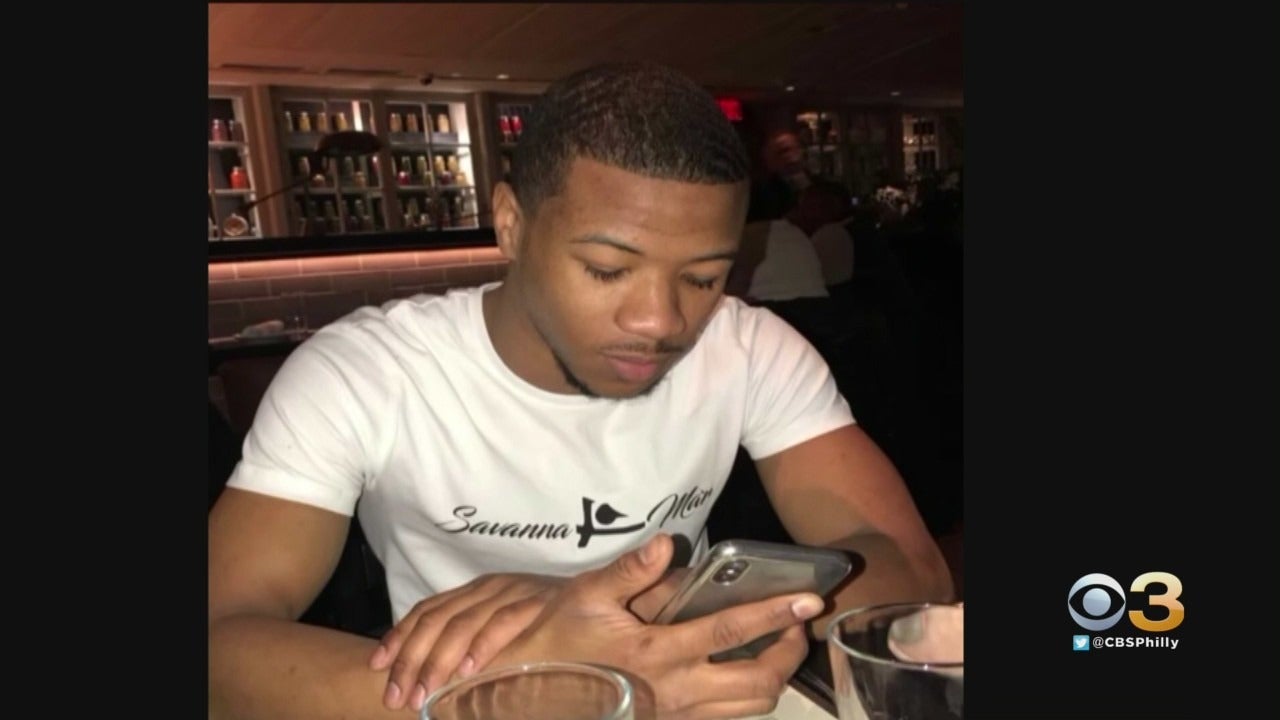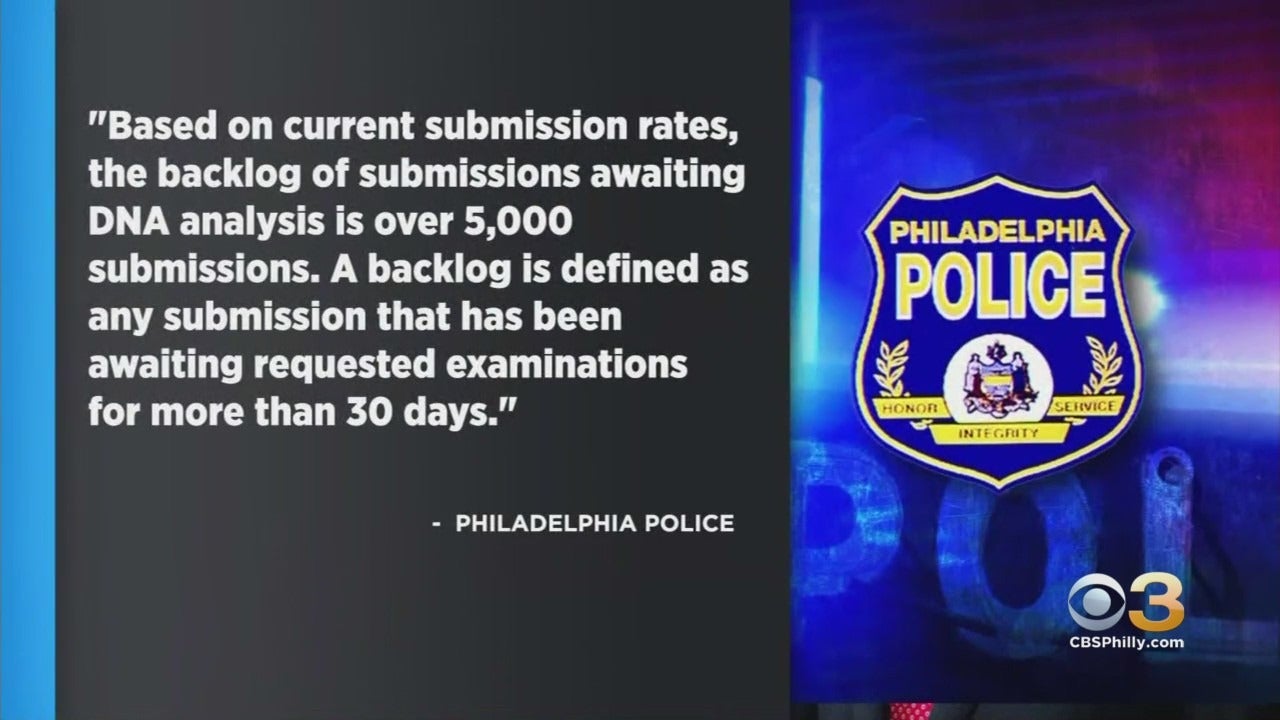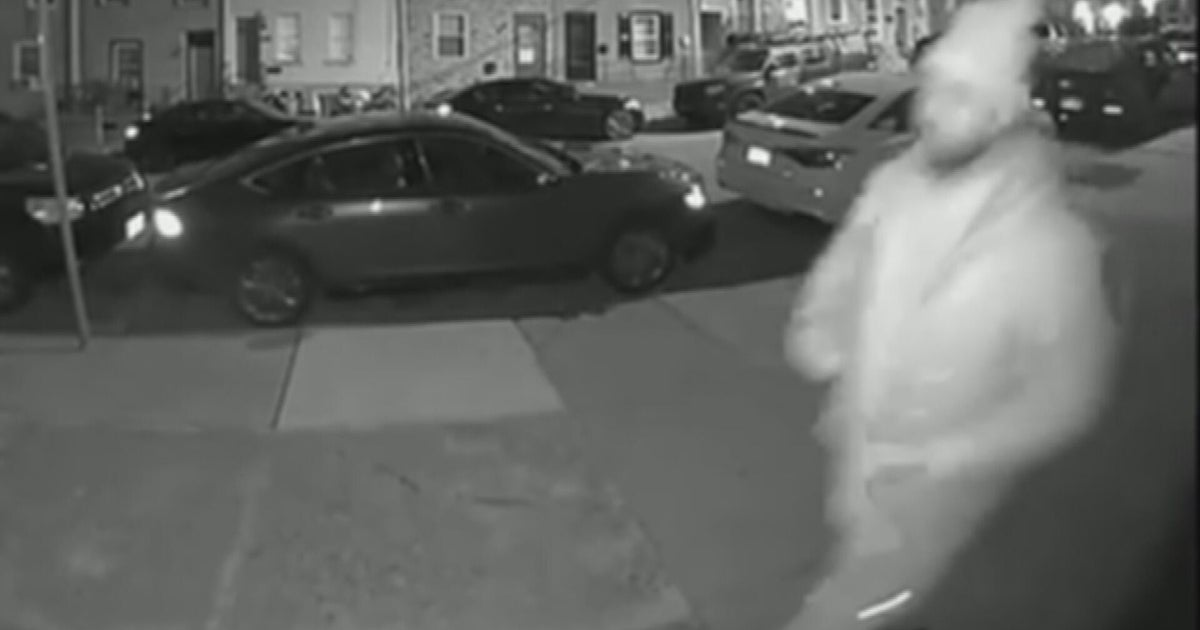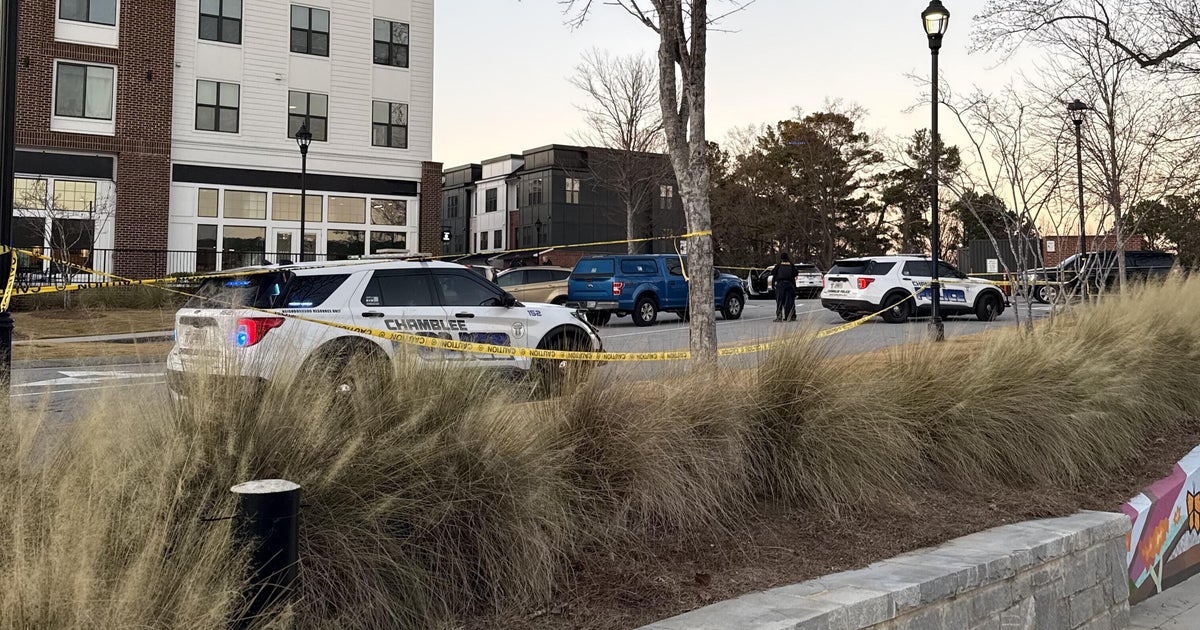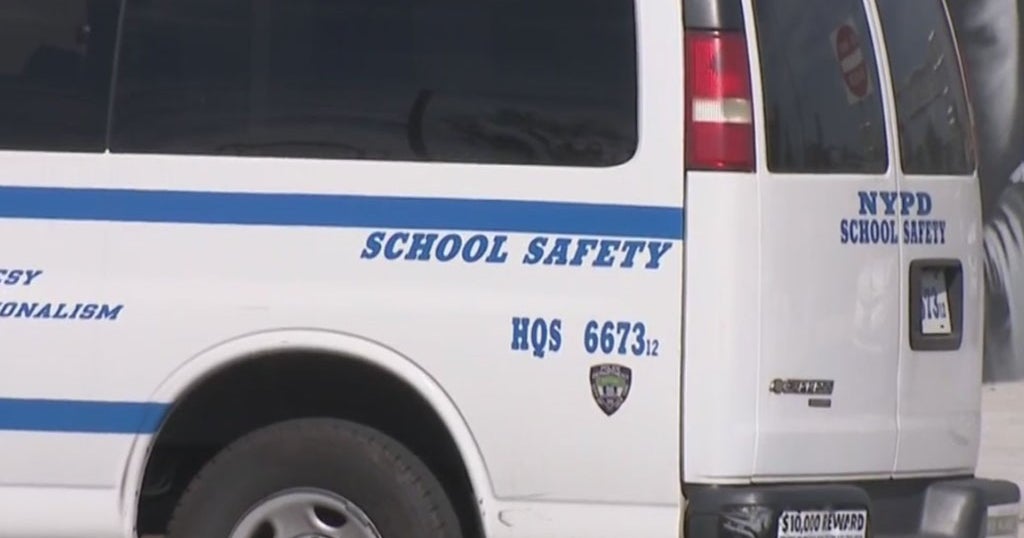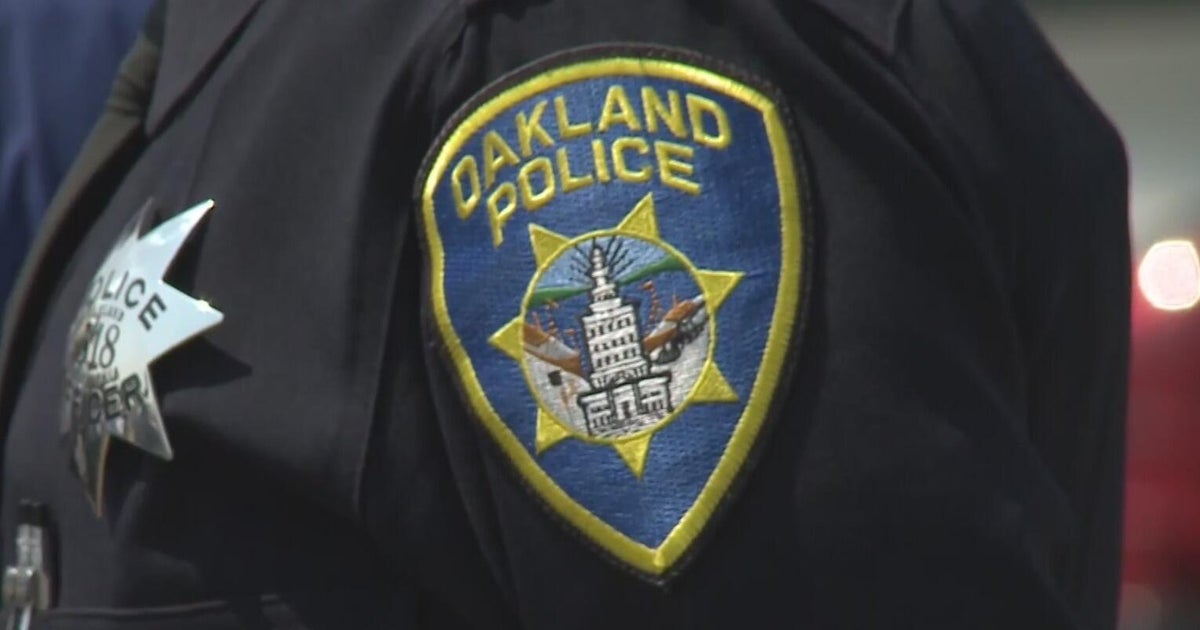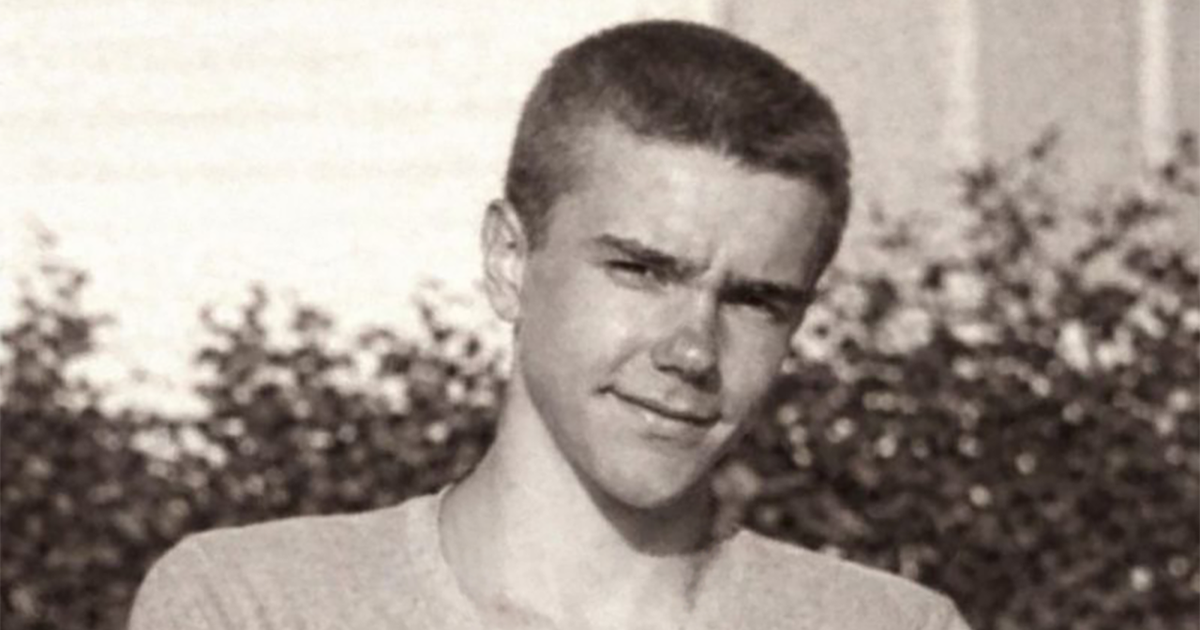Philadelphia Police's DNA Lab Facing Backlog; Victims' Families Worry It's Delaying Justice, Safety
PHILADELPHIA (CBS) -- There are concerns about a critical crime-fighting tool in the City of Philadelphia. It's a lab that's overrun with evidence and some worry backlogs could adversely impact both safety and justice.
When you watch crime shows, labs are able to quickly analyze DNA evidence and police use it to make an arrest. But in real life, city police say the turnaround is nowhere near that fast.
In some cases, it can take months, or even longer, to get the evidence processed. Eyewitness News talked to one woman who says the backlog is holding up the investigation into her son's murder.
"I'm in therapy every week," said Michele Parker said.
Parker is grieving the loss of her 23-year-old son Evan Baylor, who was fatally shot in June last year.
"The only thing I can do is keep praying that there's a break in the case," Parker said.
Baylor was selling his car to a childhood friend outside his mother's home on North 55th Street when an SUV pulled up, a gunman got out and opened fire, killing Baylor and his friend, and injuring a 3-year-old boy who was nearby.
"The getaway car was captured that same day, and DNA evidence was taken that same day," Parker said. "From what I understand, [the detective] said DNA can take anywhere from months to over a year."
Philadelphia police say its crime lab on Poplar Street gets many more requests for DNA analysis than it can handle.
In a statement, police say, "Based on current submission rates, the backlog of submissions awaiting DNA analysis is over 5,000 submissions. A backlog is defined as any submission that has been awaiting requested examinations for more than 30 days."
"It's frustrating because there's so many murders. But it's not just murders, it's not just a one-size-fits-all situation," Parker said. "But if you had more money for forensic testing and then more resources, I think that a lot of families would be able to see more arrests."
Police say in order to keep up with demand, the lab would need to be triple or quadruple the size it currently is, and its staff of 200 people would need to expand to at least 300.
As for Parker, she just wants justice for her son.
"There's so many people who stay silent and don't say anything and know who the perpetrators are," Parker said. "And they are just as guilty as the people who pulled the trigger and killed my son."
Police did not comment specifically on the status of the Baylor investigation but say the crime lab is implementing new technology to process DNA samples faster and hiring more employees, but the training is extensive and the lab still is not at full capacity.
